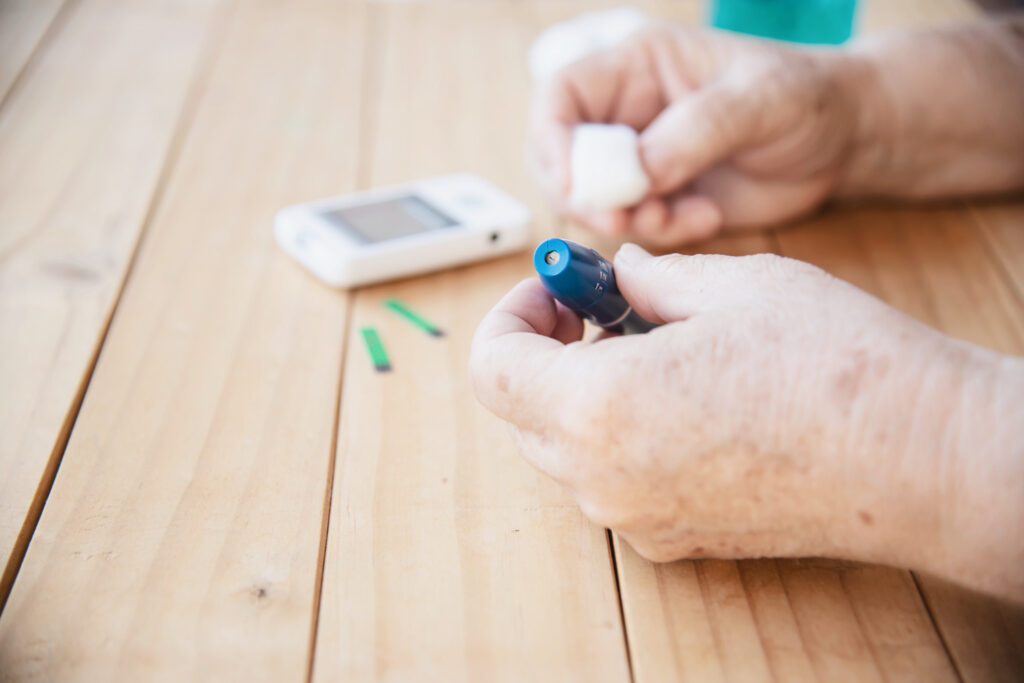
Overview
Exercise is a cornerstone of a healthy lifestyle, benefiting both the body and mind. It involves activities that make your muscles work and increase calorie burn. Whether it’s running, swimming, walking, or even dancing, exercise improves fitness, enhances overall health, and prepares your body to meet life’s demands. Even light physical activities, while not categorized as formal exercise, can significantly improve your well-being.
This article explores the immense benefits of regular exercise, providing a comprehensive guide on how it can transform your physical and mental health
Related : 9 Worst Foods for Your Eyes
Why Exercise Matters
No matter your age, gender, or current fitness level, regular physical activity is one of the most effective ways to enhance your quality of life. If you’ve been inactive, start with moderate-intensity activities and gradually increase intensity to experience the full benefits of regular exercise.
Let’s dive into the numerous health benefits exercise offers.
Health Benefits of Exercise
Helps Achieve and Maintain a Healthy Weight
Exercise is a vital component of weight management. It helps burn calories and maintain energy balance. To prevent weight gain, ensure that your calorie intake matches your energy expenditure. To lose weight, burn more calories than you consume.
This balance, combined with a healthy diet, prevents obesity and supports weight loss. For instance, a 155-pound person can burn approximately 198 calories in 30 minutes of low-impact aerobics and up to 360 calories with high-impact step aerobics.
Reduces the Risk of Heart Diseases
Exercise strengthens the heart and improves blood circulation, increasing oxygen levels in the body. This reduces the risk of cardiovascular diseases, including coronary artery disease and heart attacks.
Regular physical activity also helps lower blood pressure, cholesterol, and triglyceride levels, reducing risk factors for heart conditions
Related : Health Benefits of Sweet Potatoes
Manages Blood Sugar and Insulin Levels

Physical activity lowers blood sugar levels and enhances insulin function, reducing the risk of type 2 diabetes and metabolic syndrome. For individuals with these conditions, exercise aids in effective management.
Eases Chronic Health Conditions
Exercise alleviates symptoms of chronic conditions like arthritis and reduces pain. It enhances mobility and supports daily activities, improving independence and quality of life for individuals with disabilities or long-term health challenges
Related : Ways to Find Relief From Eye Allergies
Aids Smoking Cessation
Exercise can reduce withdrawal symptoms and cravings, making it easier to quit smoking. It also helps counteract the potential weight gain associated with quitting.
Boosts Mental Health and Mood
During exercise, your body releases chemicals like serotonin and endorphins that elevate mood and reduce stress. Regular physical activity is an effective way to manage anxiety and depression, while also boosting self-esteem and confidence.
Improves Cognitive Abilities
Exercise enhances brain structure and function, sharpening thinking, memory, and judgment as you age. It promotes the release of chemicals and proteins that slow cognitive decline
Strengthens Bones and Muscles
Exercise builds bone density in children and teens and slows bone loss in older adults. Strength-training activities enhance muscle mass, strength, and bone health, reducing the risk of osteoporosis and fractures.
Lowers Cancer Risk
Related : What Happens When You Quit Caffeine
Physical activity reduces the risk of several cancers, including colon, breast, uterine, bladder, kidney, and lung cancers. It improves immune function, reduces inflammation, and helps maintain a healthy weight, all of which lower cancer risk.
Reduces Fall Risk in Older Adults
Balance and strength-training exercises reduce the risk of falls, a common concern for older adults. These activities enhance coordination, stability, and mobility.
Improves Sleep Quality
Regular exercise can help you fall asleep faster and enjoy deeper, more restorative sleep. However, avoid intense workouts close to bedtime, as they may leave you too energized to sleep.
Enhances Sexual Health
Exercise improves circulation, flexibility, and endurance, enhancing sexual health. Men who exercise regularly experience a lower risk of erectile dysfunction (ED), while women report increased arousal and satisfaction.
Promotes Longevity
Studies reveal that regular exercise reduces the risk of premature death from conditions like heart disease and certain cancers. Staying active can extend your life and improve its quality
Related : 14 Signs You’re Low on Vitamin B12
Practical Tips to Make Exercise a Habit
Incorporating exercise into your daily routine doesn’t have to be daunting. Here are some practical tips:
- Integrate Physical Activity Into Daily Life
- Opt for stairs instead of elevators, walk short distances, or engage in household activities like gardening or washing your car.
- Exercise With Friends or Family
- A workout partner or group activity can make exercise enjoyable and keep you motivated.
- Track Your Progress
- Use fitness trackers or maintain a journal to set and monitor goals, helping you stay on track.
- Make Exercise Enjoyable
- Listen to music, watch TV, or explore various activities to keep your routine exciting.
- Adapt to Weather Conditions
- On rainy or cold days, opt for indoor activities like gym workouts or mall walking.
- Start Small
- Even 5 minutes of physical activity is beneficial. Gradually aim for 150 minutes of moderate-intensity exercise per week
How Exercise Improves Physical Health
- Weight Management
Exercise helps burn calories and supports weight control. A combination of aerobic and resistance training optimizes fat loss while preserving muscle mass.
- Builds Muscle and Bone Strength
Weightlifting and resistance training, paired with adequate protein intake, support muscle growth and maintain bone density, especially with age.
- Improves Heart Health
Exercise boosts “good” HDL cholesterol and reduces harmful triglycerides, improving blood flow and reducing the risk of cardiovascular conditions
Related : Proven Ways to Lose Weight Without Diet or Exercise
How Exercise Improves Mental Health
- Enhances Mood
Physical activity combats stress, anxiety, and depression by releasing mood-boosting chemicals. Group exercises amplify these benefits through social interaction.
- Boosts Cognitive Function
Exercise supports brain health by promoting the release of chemicals that enhance memory, learning, and thinking skills.
- Relieves Symptoms of ADHD
Exercise improves focus, memory, and motivation, making it a valuable tool for managing ADHD symptoms
Related : What Happens if You Drink Too Much Water?
Exercise for Skin Health
Moderate exercise reduces oxidative stress, which can harm skin cells. Regular physical activity promotes skin health by boosting blood flow and oxygen delivery, delaying aging, and improving conditions like psoriasis and ulcers.
The Takeaway
Exercise is a powerful tool for improving both physical and mental health. From weight management and reduced disease risk to better mood and sharper cognitive abilities, the benefits of regular activity are transformative.
The key is consistency. Start small, find activities you enjoy, and gradually build a routine. Remember, every step counts toward a healthier, happier you.
Prioritize your health today—your future self will thank you
FAQs About the Health Benefits of Exercise
- How much exercise do I need to stay healthy?
The World Health Organization (WHO) recommends at least 150 minutes of moderate-intensity aerobic activity or 75 minutes of vigorous-intensity activity per week for adults. Additionally, strength-training exercises for major muscle groups should be done at least twice a week. Even small amounts of physical activity can be beneficial if done consistently.
- Can I lose weight through exercise alone?
While exercise helps burn calories and supports weight loss, combining it with a healthy, balanced diet is the most effective approach. A calorie deficit, achieved by burning more calories than consumed, is essential for weight loss. Exercise also helps maintain muscle mass during weight loss, improving overall body composition.
- What types of exercise are best for mental health?
Activities like walking, jogging, yoga, swimming, and cycling are particularly effective in boosting mood, reducing stress, and managing anxiety or depression. Regular aerobic exercises release endorphins, which act as natural mood elevators, while mindfulness-based activities like yoga enhance relaxation.
- Is it safe to exercise if I have a chronic condition?
Yes, exercise is often beneficial for managing chronic conditions like diabetes, arthritis, and cardiovascular diseases. However, it’s essential to consult a healthcare professional before starting any new exercise program. They can provide guidance on the types and intensity of activities that are safe and effective for your specific condition











